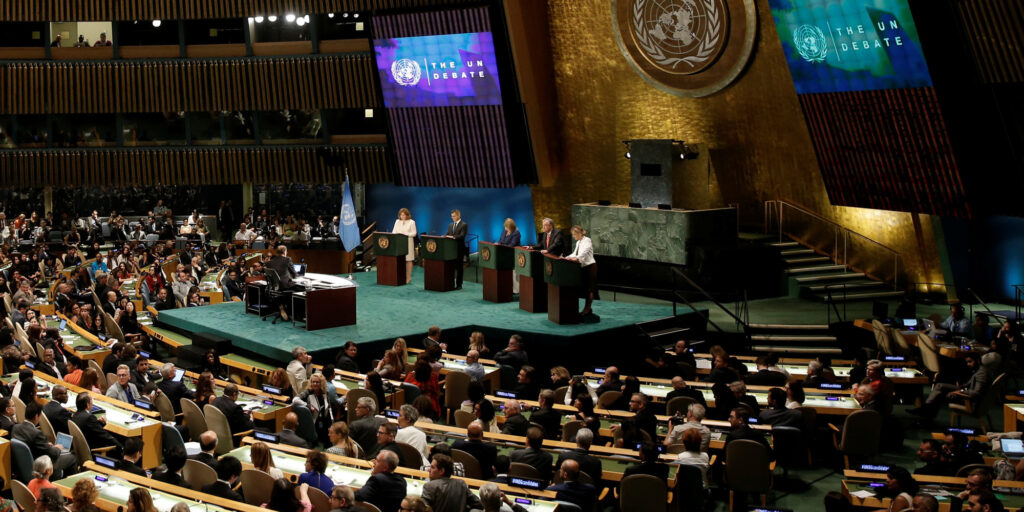The United Nations Environmental Programme’s (UNEP) latest emissions gap report reveals an alarming surge in global average temperatures. In September 2023, temperatures were 1.8°C above pre-industrial levels. In light of these findings, the 28th edition of the Climate Change Conference of Parties (COP) assumes unparalleled significance. These statistics also indicate an imperative for nations to not only make commitments but, more critically, to implement them swiftly.
Annually convened, the Climate Change Conference of Parties (COP) re-evaluates climate commitments, ensuring nations progress towards net-zero targets. A core point of COP is the commitments and initiatives that enable progress on a just, equitable and sustainable energy transition. This approach is crucial to drive down the impacts of climate change. Reasonably, Nigeria’s participation in COP28, led by President Bola Ahmed Tinubu, underscores commitments to end gas flaring, reduce carbon footprint and commit not just to an energy mix but an eco-friendly future driven by sustainable energy sources to turn Nigeria into an investment-friendly environment for the carbon market investments.
Despite these commitments, the pivotal task is to turn these pledges into productive actions. Hence, a focal point of COP28 is to examine implementation through the inaugural Global Stocktake. The global Stocktake was designed under the Paris Agreement to assess our global response to the climate crisis and chart a better way forward. Scheduled every five years, the Stocktake is intended to inform the next round of nationally determined contributions (NDCs) to be put forward by 2025. The objective of the Stocktake is to aid policymakers and stakeholders in strengthening their climate policies and commitments in their next round of NDCs, paving the way for expedited action.
The success of COP28 depends largely on the effective mechanisms that monitor progress and ensure adherence. For Nigeria, a significant gap remains in advancing the green transition. The Nigeria Energy Transition Plan posits that Nigeria will spend $410 billion above business-as-usual spending, which translates to about $10 billion annually, to support its 2060 Net-Zero goal. Clearly, finance is a critical part of an energy transition; this informed the historic launch and operationalization of the loss and damage fund to cater to vulnerable African Communities like the Niger-delta regions. Nigeria must position itself to access these funds.
The Nigerian government must employ different instruments such as climate bonds, public-private partnerships, and mechanisms that incentivize sustainable investments. Adaptation and resilience strategies are also crucial components that must be explored to support the green transition agenda. In addition, actualizing these commitments demands investments in sustainable technologies. COP28 emphasizes the significant role of information and communication technologies (ICTs) in early warning systems, monitoring and adapting to climate change, and mitigation strategies, including increasing energy efficiency, creating green networks, and creating circular economies. Against this backdrop, Nigeria must explore incentives and partnerships that promote developing and deploying green technologies on a global scale.
Lastly, turning these commitments into real and meaningful action will require the participation of every citizen. This is because our lifestyles have a profound impact on our planet. Efforts should be intensified towards facilitating knowledge exchange and support systems to empower vulnerable regions in building resilience. Also, emphasizing the importance of environmental education urges nations to integrate sustainability into curricula and engage communities in climate-related initiatives.
In conclusion, COP28 marks a crucial juncture where nations must move beyond pledges into tangible, transformative actions. Transparency, stakeholder engagement, technological innovation, finance, adaptation, and public awareness constitute the bedrock for successful implementation. The conference’s impact will be measured by the transformative steps taken to secure a sustainable future for generations ahead.



